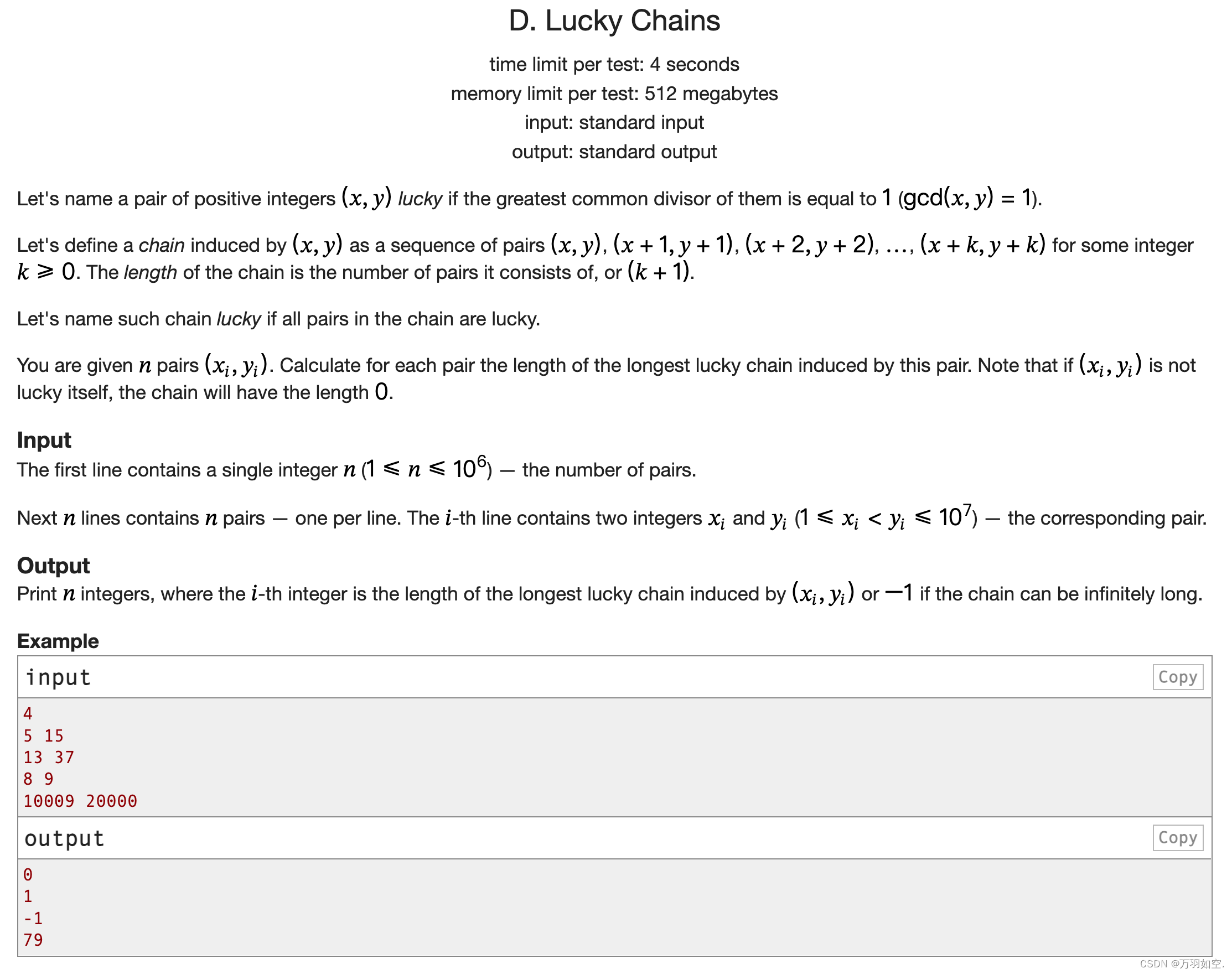

翻译:
让我们命名一对正整数(𝑥,𝑦),幸运的是它们的最大公约数等于1 (gcd(𝑥,𝑦)=1)。
让我们定义一个链(𝑥𝑦)引起的一系列双(𝑥𝑦),(𝑥+ 1,𝑦+ 1)(𝑥+ 2,𝑦+ 2),……(𝑥+𝑘𝑦+𝑘)对于一些整数𝑘≥0。链的长度是由它组成的对的数量,或(𝑘+1)。
如果链上的所有对都是幸运的,我们就把这个链命名为幸运链。
您将得到𝑛对(𝑥𝑖,𝑦𝑖)。计算每一对由这对引出的最长幸运链的长度。注意,如果(𝑥𝑖,𝑦𝑖)本身不是幸运的,链的长度将为0。
输入
第一行包含一个整数𝑛(1≤𝑛≤106)-配对的数量。
接下来的𝑛行包含𝑛对——每行一个。𝑖-th行包含两个整数𝑥𝑖和𝑦𝑖(1≤𝑥𝑖<𝑦𝑖≤107)—对应的一对整数。
输出
打印𝑛整数,其中𝑖-th整数是由(𝑥𝑖,𝑦𝑖)或−1(如果链可以无限长)诱导的最长幸运链的长度。
例子
inputCopy
4
5 15
13 37
8 9
10009 20000
outputCopy
0
1
-1
79
请注意
在第一个测试用例中,gcd(5,15)=5>1,所以它已经不是幸运的,所以幸运链的长度是0。
在第二个测试案例中,gcd(13+1,37+1)=gcd(14,38)=2。所以,幸运链由一对(13,37)组成。
思路:0 1 -1,这三种情况都可以直接判断掉。所以我们直接看后边的,最近总是看错题,看错样例,这场看这道题的时候已经没多少时间了,稍微想了下,然后糊了下代码。没过去,过去就不正常了。 b>a时,gcd(a,b)=gcd(a,b-a),为什么可以这样写呢?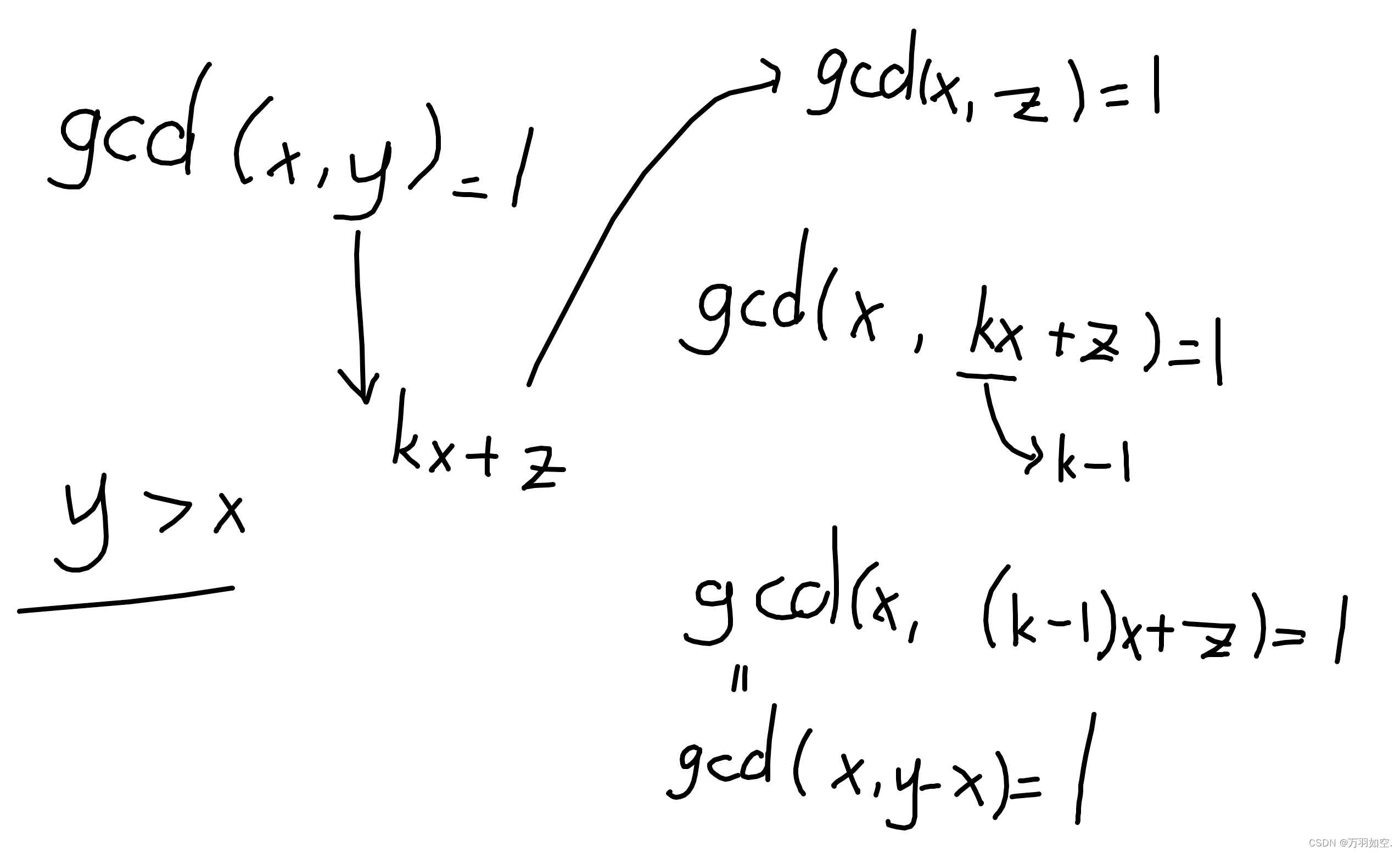
大概证明过程时这样,写的有点乱( 惨不忍睹,所以我们可以得到gcd(a+x,b+x)==gcd(a+x,b-a)。
这时候我们就发现了,b-a是一个定植,然后a不断+x,我们就可以来分解枚举 b-a的质因子,来每次看a+x到达其倍数,需要加上的值,然后取最小即可。(需要注意优化,代码很容易T掉wwwww
代码:
#include <iostream>
#include <algorithm>
#include <string.h>
#include <string>
#include <math.h>
#include <stdio.h>
#include<vector>
#include<queue>
#include<map>
#include<set>
#include<tuple>
#include<numeric>
#include<stack>
using namespace::std;
typedef long long ll;
int n,t;
inline __int128 read(){
__int128 x = 0, f = 1;
char ch = getchar();
while(ch < '0' || ch > '9'){
if(ch == '-')
f = -1;
ch = getchar();
}
while(ch >= '0' && ch <= '9'){
x = x * 10 + ch - '0';
ch = getchar();
}
return x * f;
}
inline void print(__int128 x){
if(x < 0){
putchar('-');
x = -x;
}
if(x > 9)
print(x / 10);
putchar(x % 10 + '0');
}
bool vis[10000005];
vector<int>prime;
void get_prime(int x){
for (int i =2; i<=x; i++) {
if (!vis[i]) {
prime.push_back(i);}
for (int j=0; j<prime.size()&&prime[j]*i<=x; j++) {
vis[prime[j]*i]=true;
if (i%prime[j]==0) {
break;
}
}
}
}
int x,y;
void solv(){
cin>>x>>y;
if (x>y) {
swap(x, y);
}
if (gcd(x, y)!=1) {
printf("0\n");return;
}
if (x%2==1&&y%2==1) {
printf("1\n");return;
}
if (x+1==y) {
printf("-1\n");return;
}
int kl=y-x;
int an=1e7+5;
for (int i =0; i<prime.size()&&prime[i]*prime[i]<=kl; i++) {
bool bh=false;
while (kl%prime[i]==0) {
kl/=prime[i];
bh=true;
}
if (bh) {
an=min(an,(x/prime[i]+1)*prime[i]-x);
}
if (kl==1) {
break;
}
}
if (kl>1) {
an=min(an,(x/kl+1)*kl-x);
}
printf("%d\n",an);
}
int main(){
ios::sync_with_stdio(false);
cin.tie(); cout.tie();
cin>>t;
get_prime(3300);
while (t--) {
solv();
}
return 0;
}

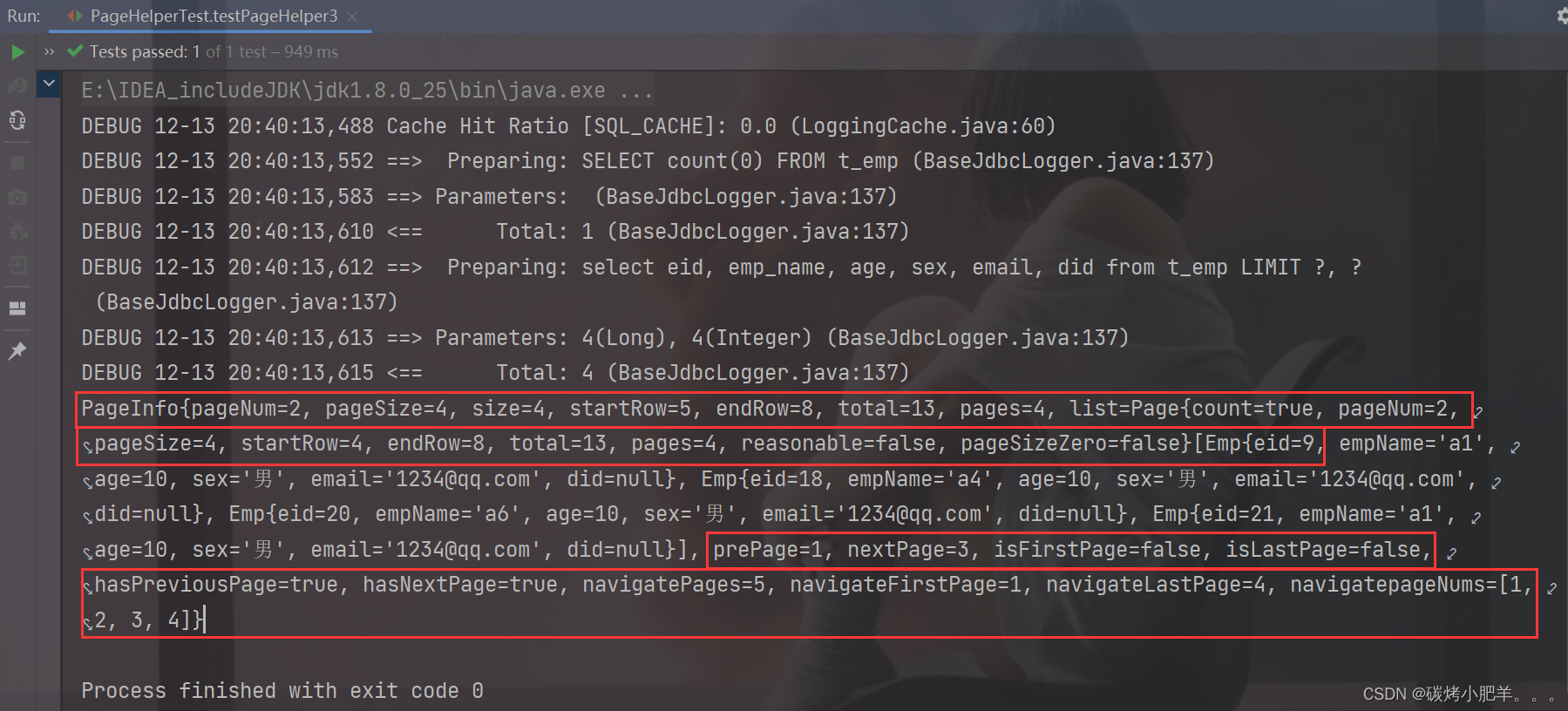

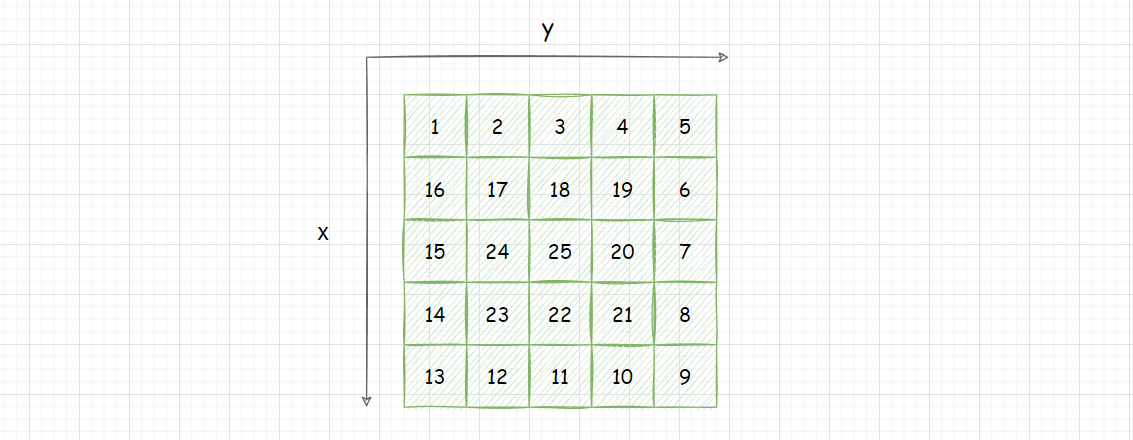


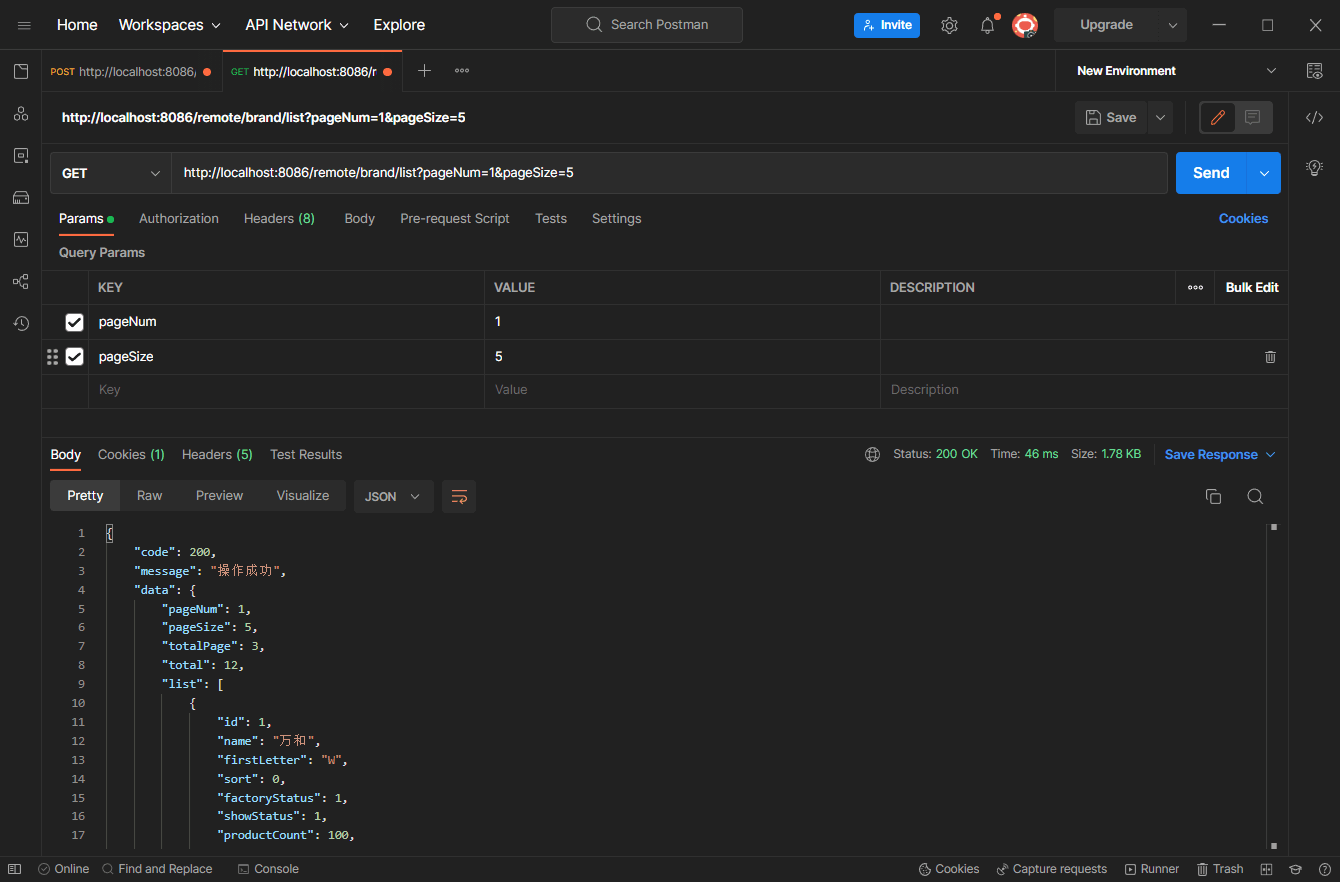


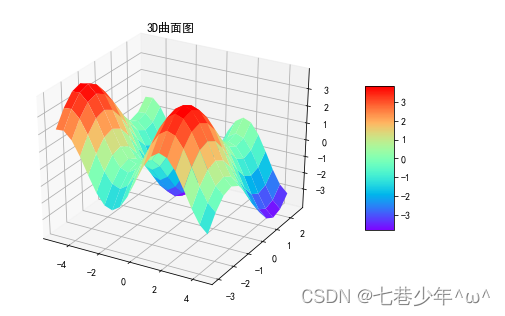
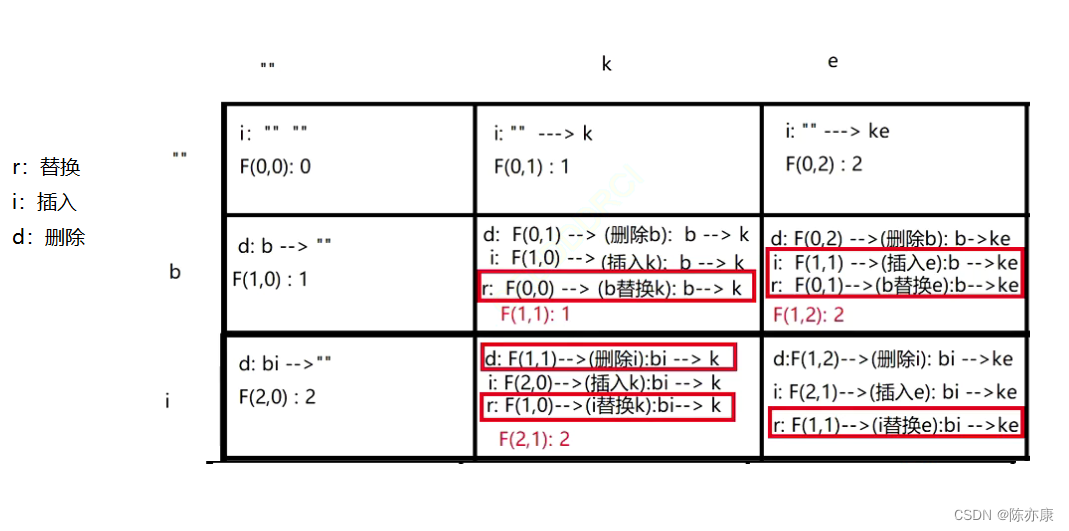

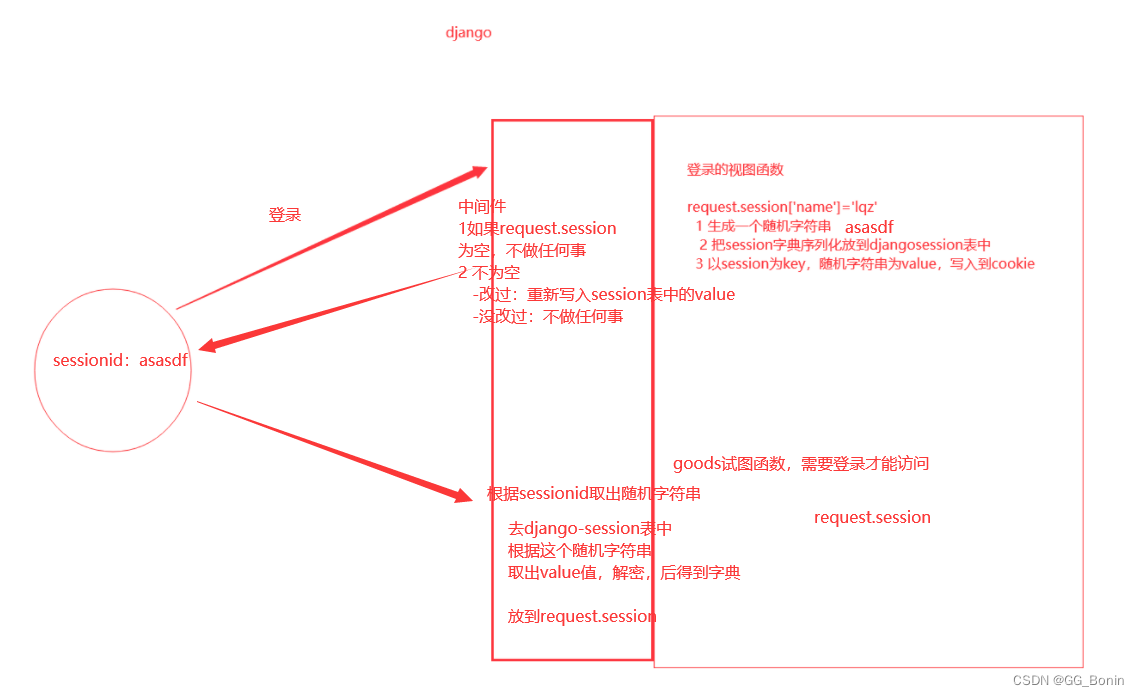




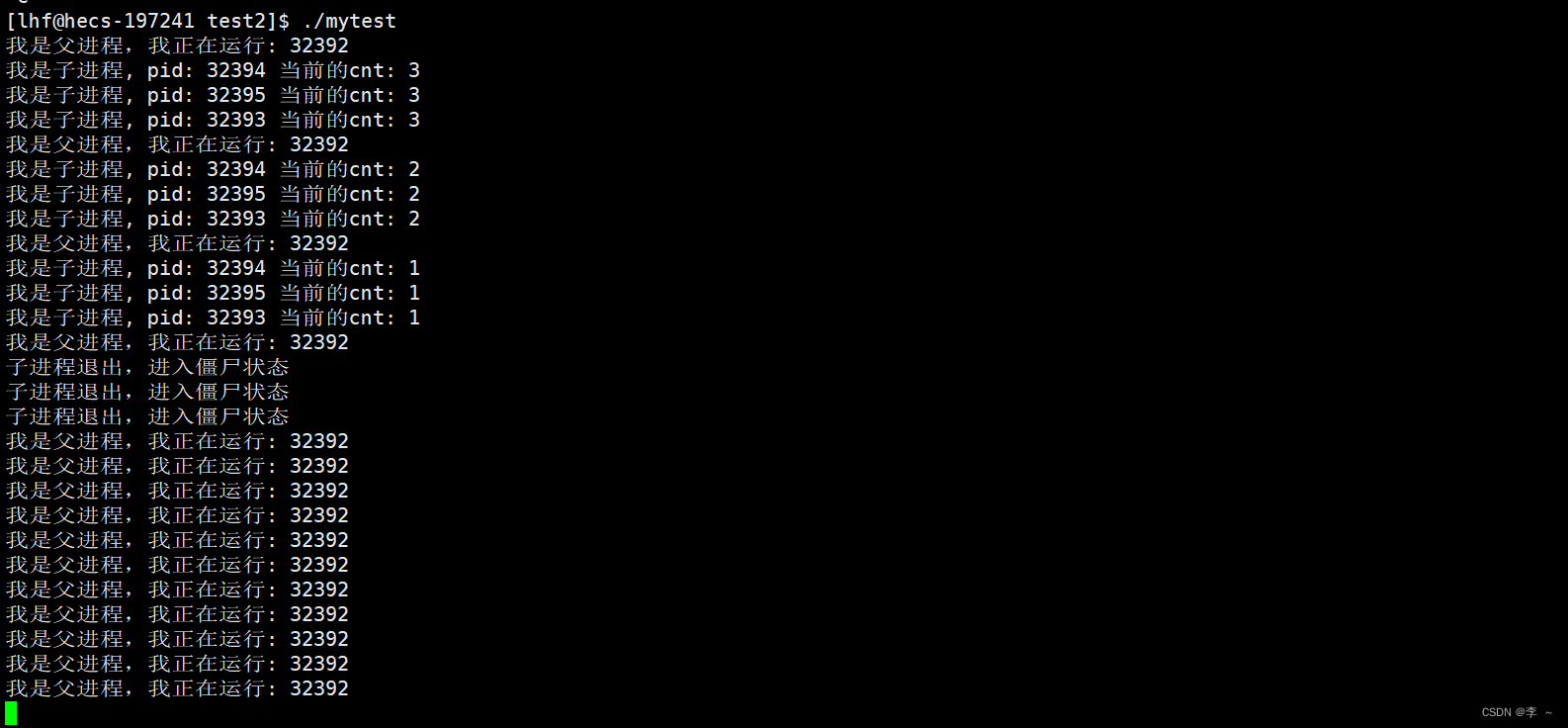
![[前端面试题]flex上下布局](https://img-blog.csdnimg.cn/f4fe46cee4b941029b169a853ea7531d.png)